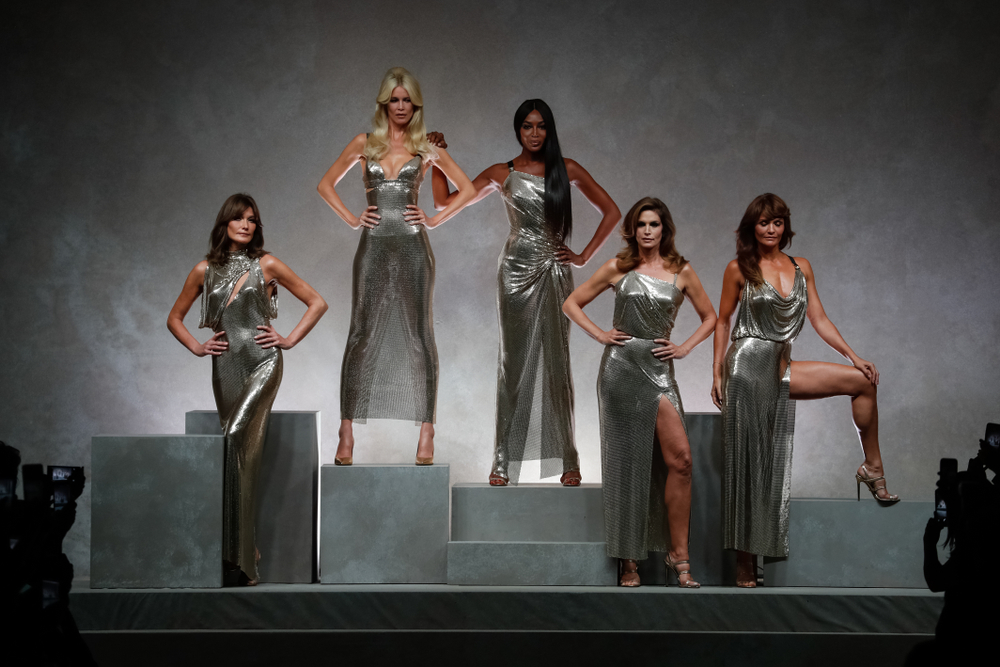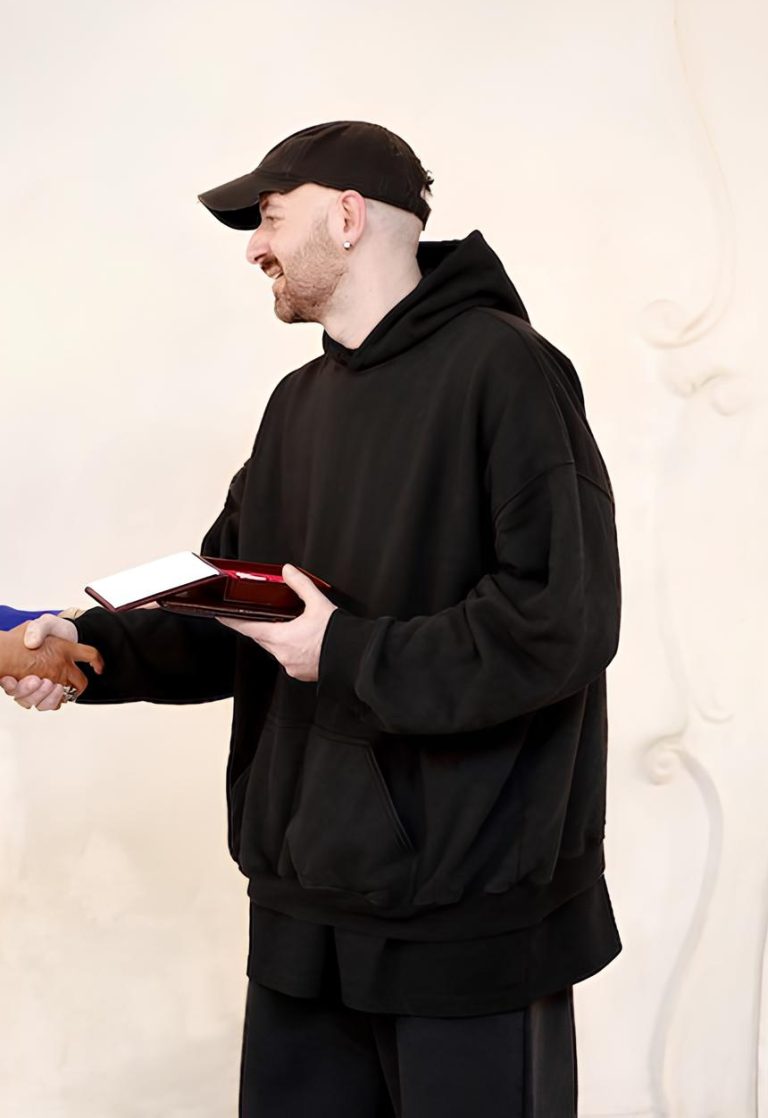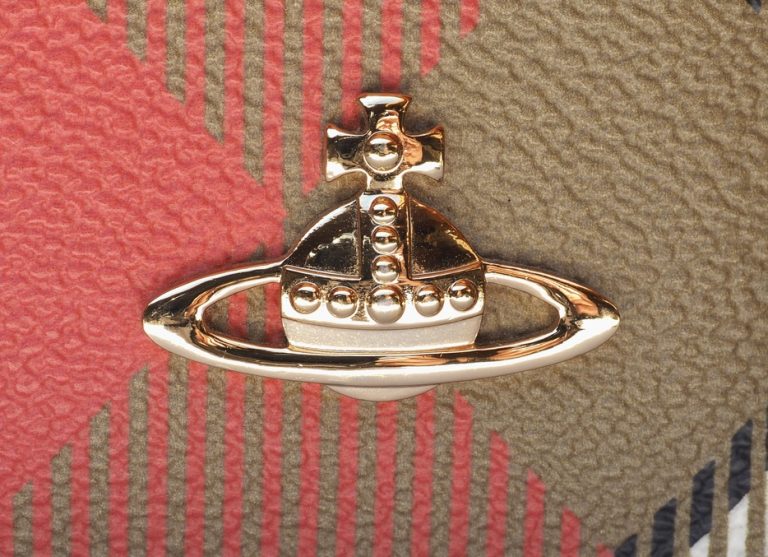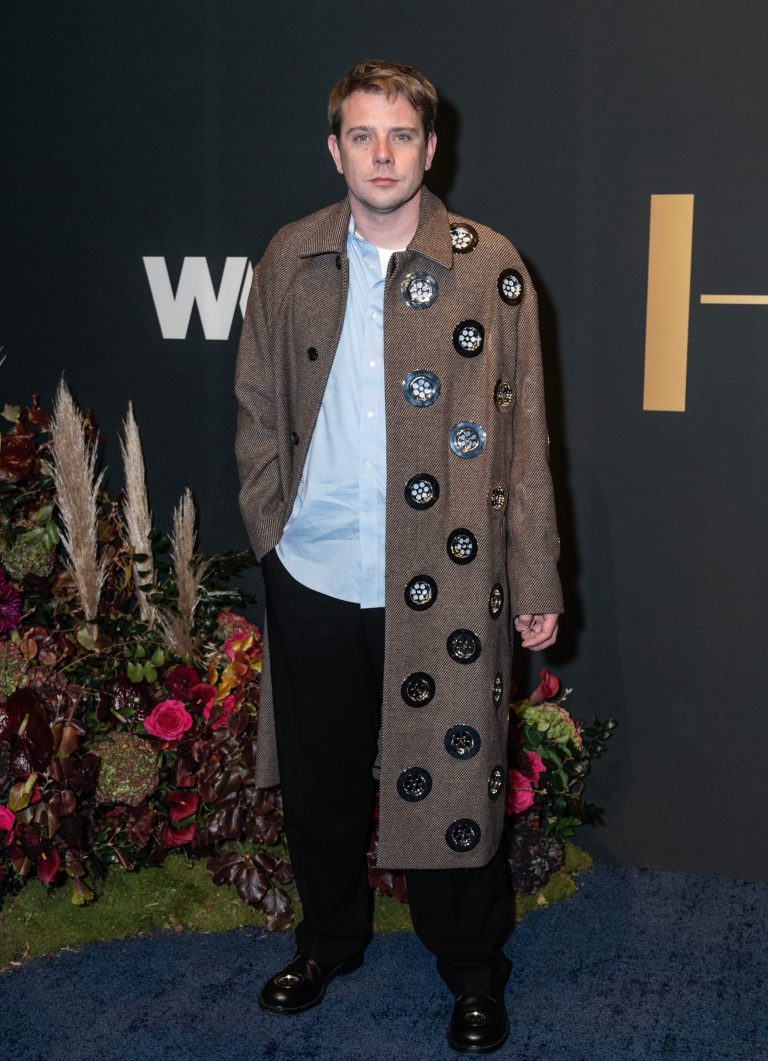On April 10, 2025, it was announced that PRADA Group is acquiring the Italian brand Versace. The news sparked mixed reactions. Some hailed the deal as a “union of two iconic Italian brands” and celebrated the merger, while others, myself included, reacted with skepticism. Here’s why.
What is PRADA Group?
The brands Prada and its “younger sister” Miu Miu are part of PRADA Group, a conglomerate that grew from a company founded in 1913 by Mario Prada. For many years, the company has been led by designer Miuccia Prada, the founder’s granddaughter, and her husband, businessman Patrizio Bertelli. Together, they transformed Prada into a global luxury brand, and in 1992, Miuccia launched Miu Miu, a more youthful and experimental line.
PRADA Group’s Expansion
In the 1990s and 2000s, French conglomerates like LVMH and Kering (then Gucci Group) actively acquired fashion brands, building powerful luxury empires. Inspired by their example, Patrizio Bertelli set out to make PRADA Group Italy’s largest luxury conglomerate. In 1999, the company acquired majority stakes in two renowned brands—Helmut Lang and Jil Sander. However, these deals turned out to be failures.
Helmut Lang
In March 1999, PRADA Group purchased 51% of Helmut Lang, a brand founded by Austrian designer Helmut Lang. The brand was celebrated for its avant-garde style, innovative approach, and use of high-quality materials. However, Lang’s creative, quality-driven vision clashed with Bertelli’s business strategy, which prioritized profit and efficiency.
In 2005, Lang left his own brand, unable to find a compromise with management. Bertelli believed the brand could thrive without its founder, but he was mistaken. Sales plummeted, no worthy successor was found, and PRADA Group eventually sold the brand to Japan’s Link Theory Holdings, which owns it to this day.
Jil Sander
In the same year, 1999, PRADA Group acquired 75% of the German brand Jil Sander, known for its minimalist style and impeccable quality. History repeated itself: founder Jil Sander prioritized quality and the finest fabrics, while Bertelli pushed for cheaper production, including relocating it to other countries. Just six months after the deal, Sander left the brand.
After her departure, profits plummeted. Bertelli persuaded Sander to return in 2003, but she left again after 18 months due to unresolved conflicts. In 2012, Sander gave the brand a third chance, releasing several successful collections, but a year later, she left the fashion industry for personal reasons. Today, Jil Sander is owned by OTB Group.
What to Expect?
Patrizio Bertelli is no longer PRADA Group’s CEO. Since 2023, the role has been held by Andrea Guerra. One hopes that the company has learned from its past mistakes. Everyone is counting on Versace retaining its unique aesthetic and not becoming a clone of Miu Miu. Recent campaigns show a shift in approach, but we’ll keep believing in the best outcome nonetheless!




